
People who aren’t emotionally stable post more frequently in order to regulate their emotions and receive social support.
Low emotionally stable individuals experience emotions more intensely and have difficulty regulating their emotions on their own. Consequently, we suggest that they use the microblogging feature on online social networks (e.g., Tweets or Facebook status updates) to help regulate their emotions. Accordingly, we find that less emotionally stable individuals microblog more frequently and share their emotions more when doing so, a tendency that is not observed offline. Further, such sharing, paired with the potential to receive social support, helps boost their well-being.
Source: “Facebook Therapy: Why People Share Self-Relevant Content Online” by Eva Buechel and Jonah Berger
It might be a good strategy because, overall, Facebook users do get more emotional support than other people. (Here are some great tips by experts for using Facebook to enhance your happiness.)
The potential downside is that on Facebook everyone shows the best and not the worst, leading to portraits of unattainable lives that can make people feel bad by comparison. And the truth is, Facebook promotes mainly weak, low-commitment friendships.
Your Facebook profile probably reveals your true personality. It can tell people whether you have anxiety and even predict your job performance.
Your Facebook profile is as indicative of how extroverted you are as actually sitting down with you for a short meeting. It can predict your openness to experience as well as watching your social behavior.
Via Snoop: What Your Stuff Says About You:
(Bigger blob indicates the item at the top is more telling about the characteristic on the left.)
Your Facebook “relationship status” says a lot about how happy you probably are.
What’s a really good sign? Men who listed their partnership status (“In a relationship with…”) and women whose profile picture displayed their partner both had happier relationships.
In fact, Facebook can predict with a 33% accuracy who you’ll be dating next week:
Via The Facebook Effect: The Inside Story of the Company That Is Connecting the World:
As the service’s engineers built more and more tools that could uncover such insights, Zuckerberg sometimes amused himself by conducting experiments. For instance, he concluded that by examining friend relationships and communications patterns he could determine with about 33 percent accuracy who a user was going to be in a relationship with a week from now. To deduce this he studied who was looking at which profiles, who your friends were friends with, and who was newly single, among other indicators.
And those people posting all those status updates to regulate their emotions may not be aware of the main reason for un-friending:
Posting too many boring updates.
Join 25K+ readers. Get a free weekly update via email here.
Related posts:
Does email turn you into an asshole?
5 things you didn’t know about friendship
This piece originally appeared on Barking Up the Wrong Tree.
This Is What Your Facebook Profile Looked Like Over the Last 11 Years
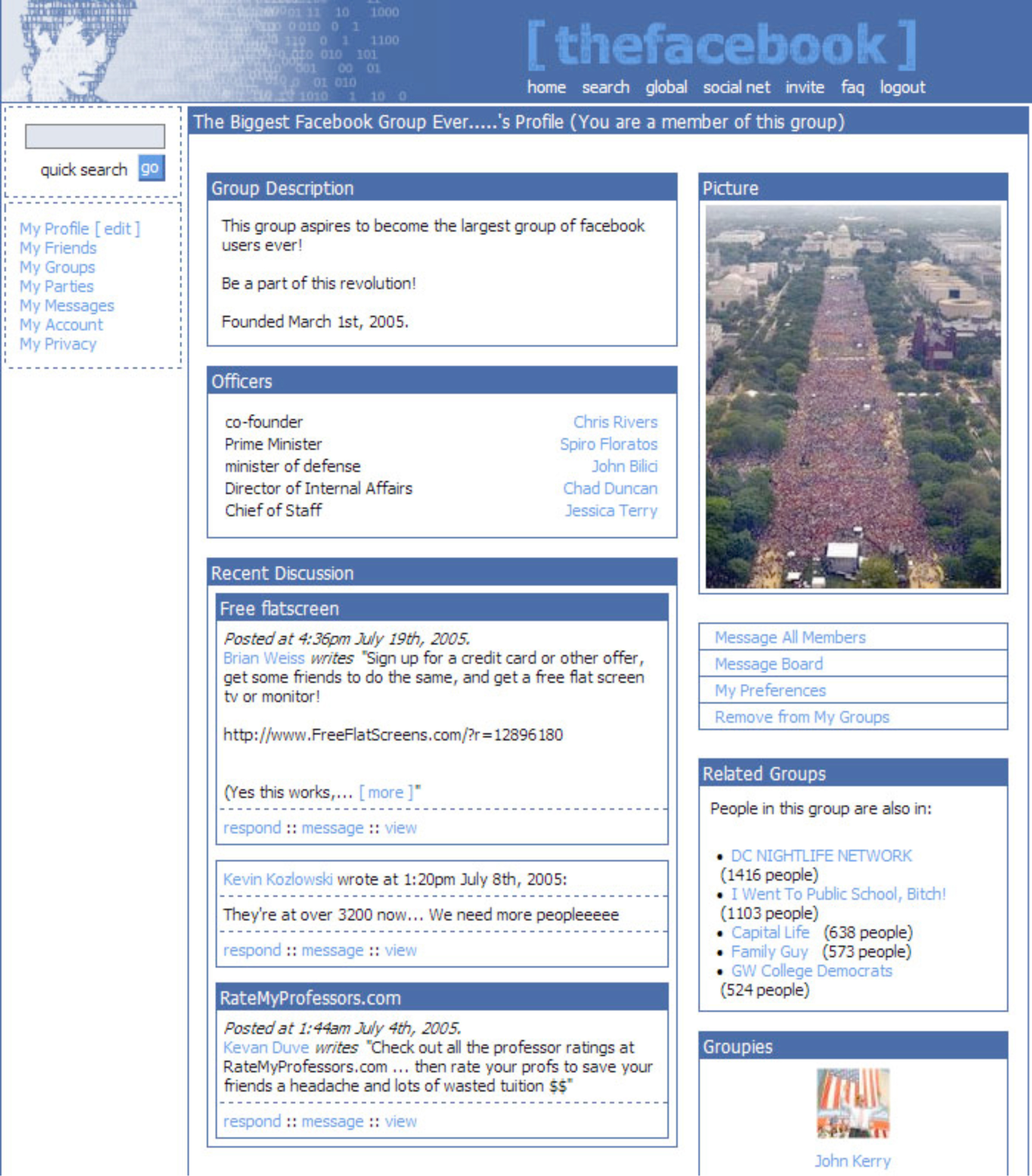
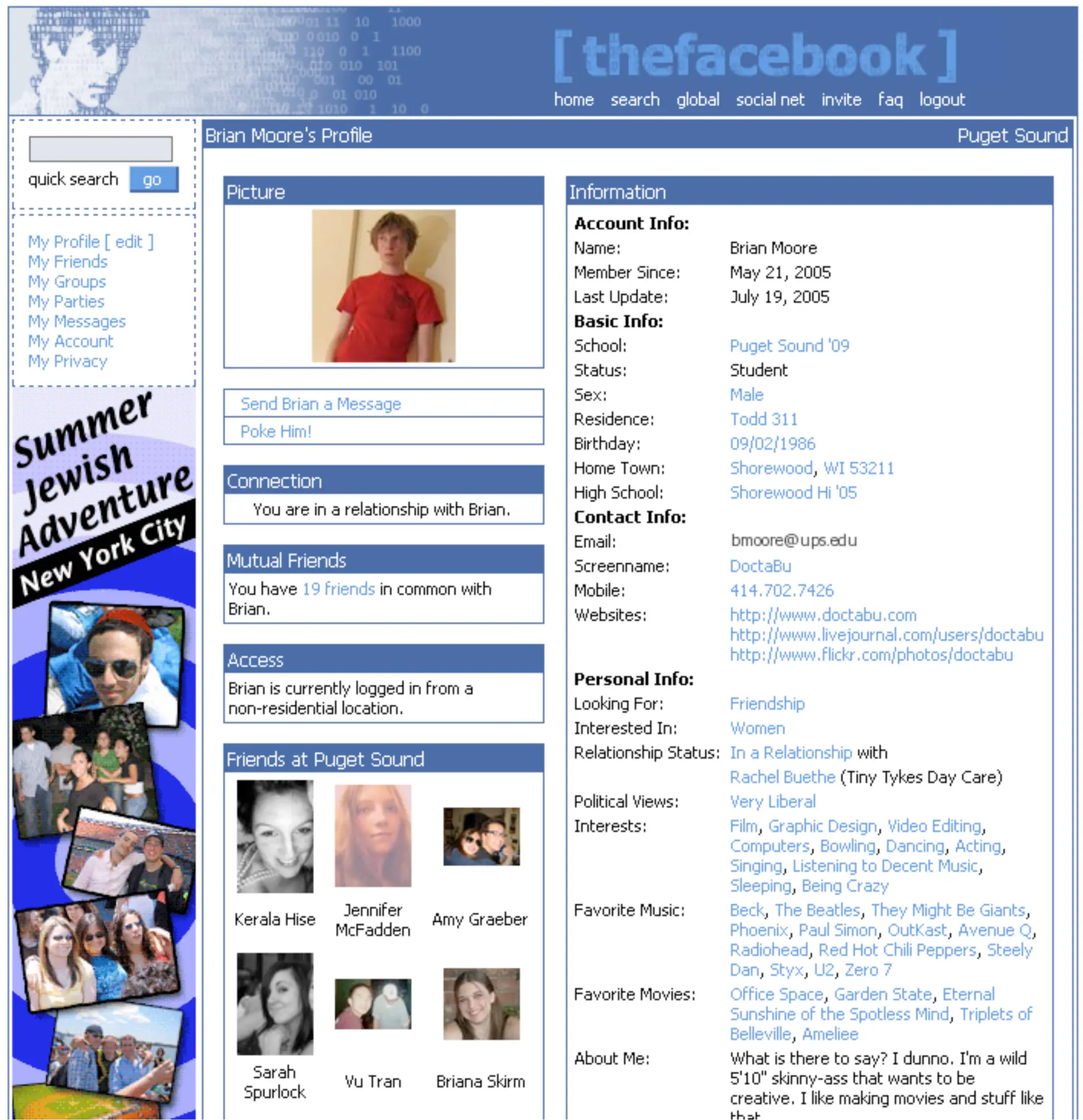
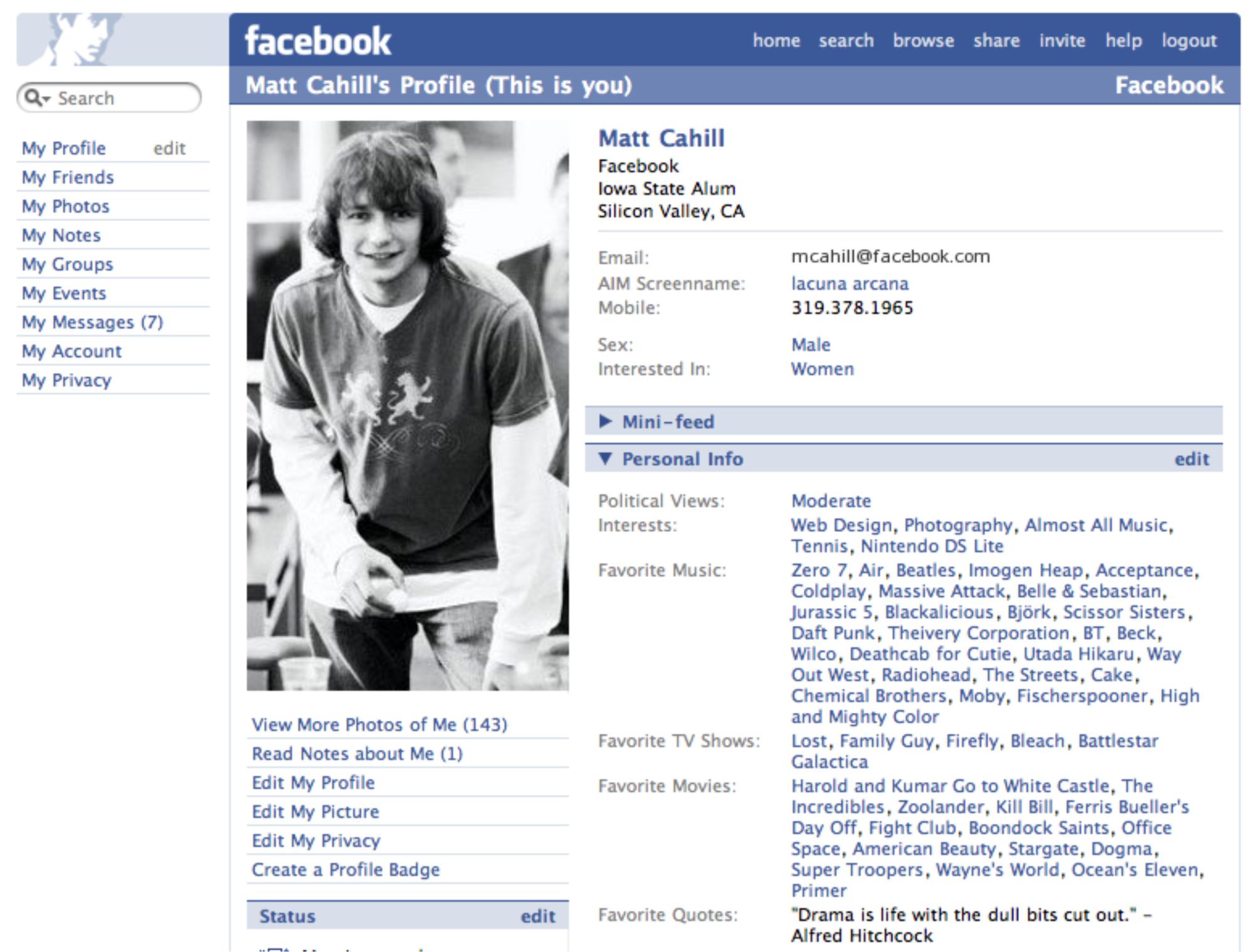
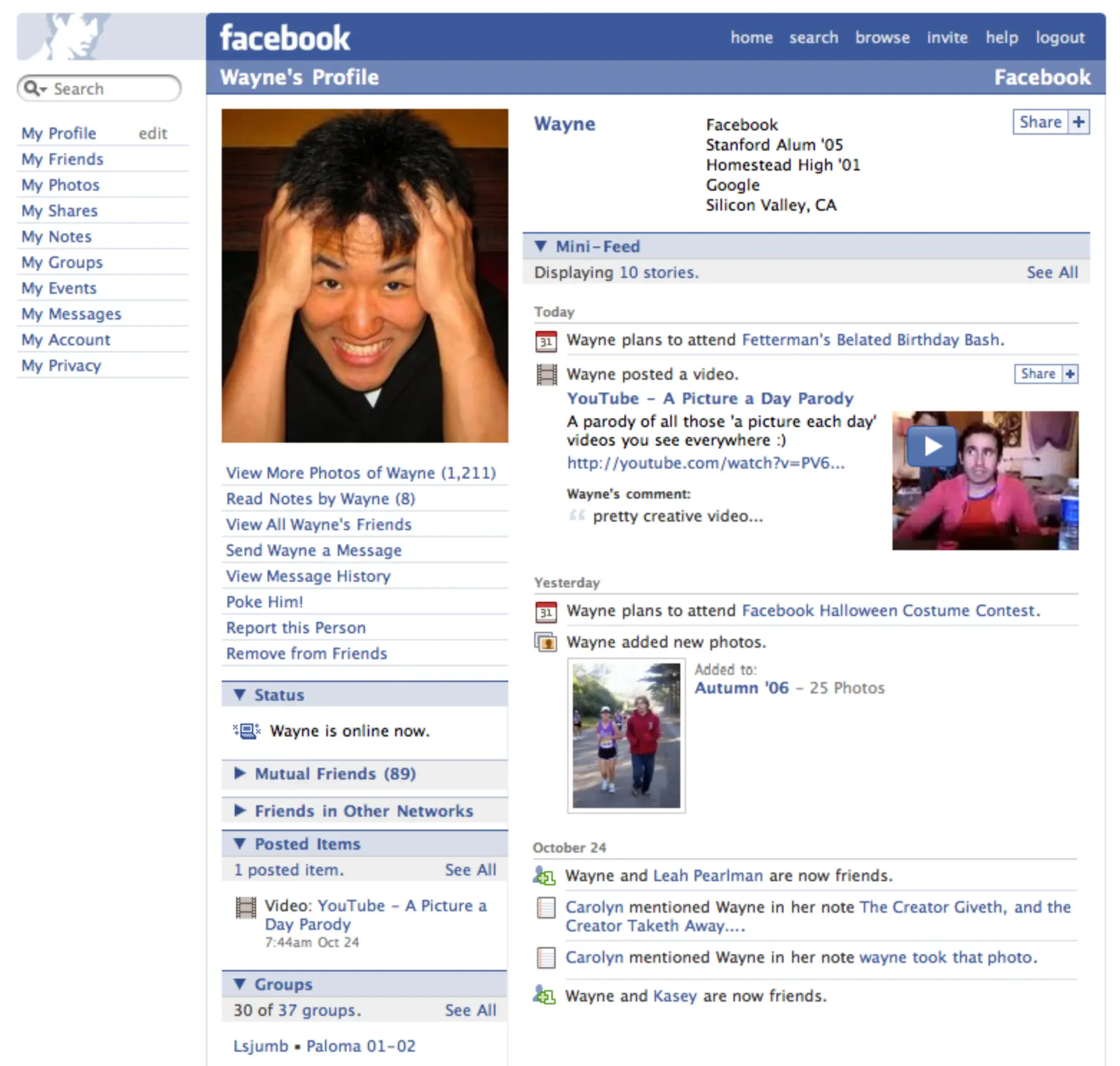
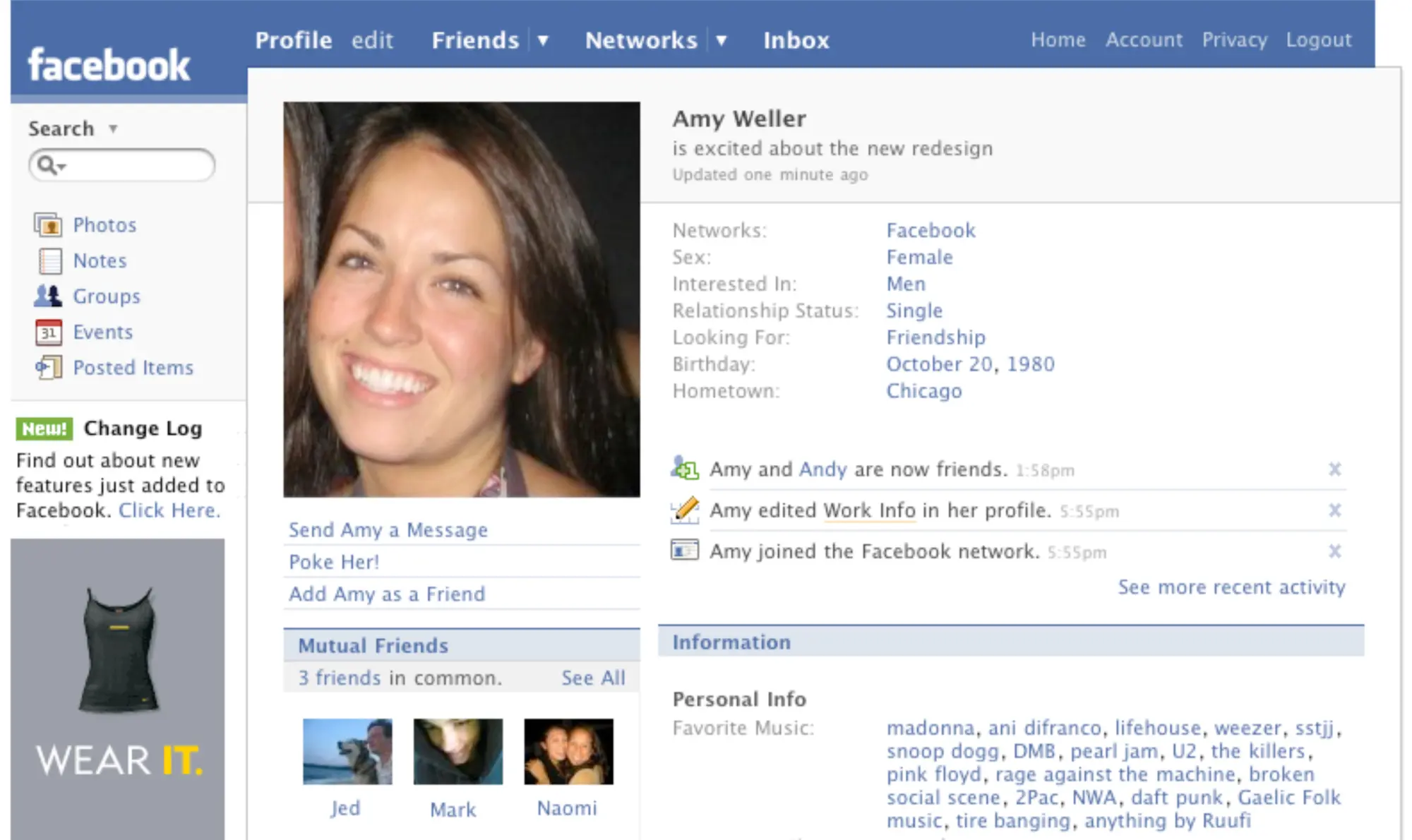
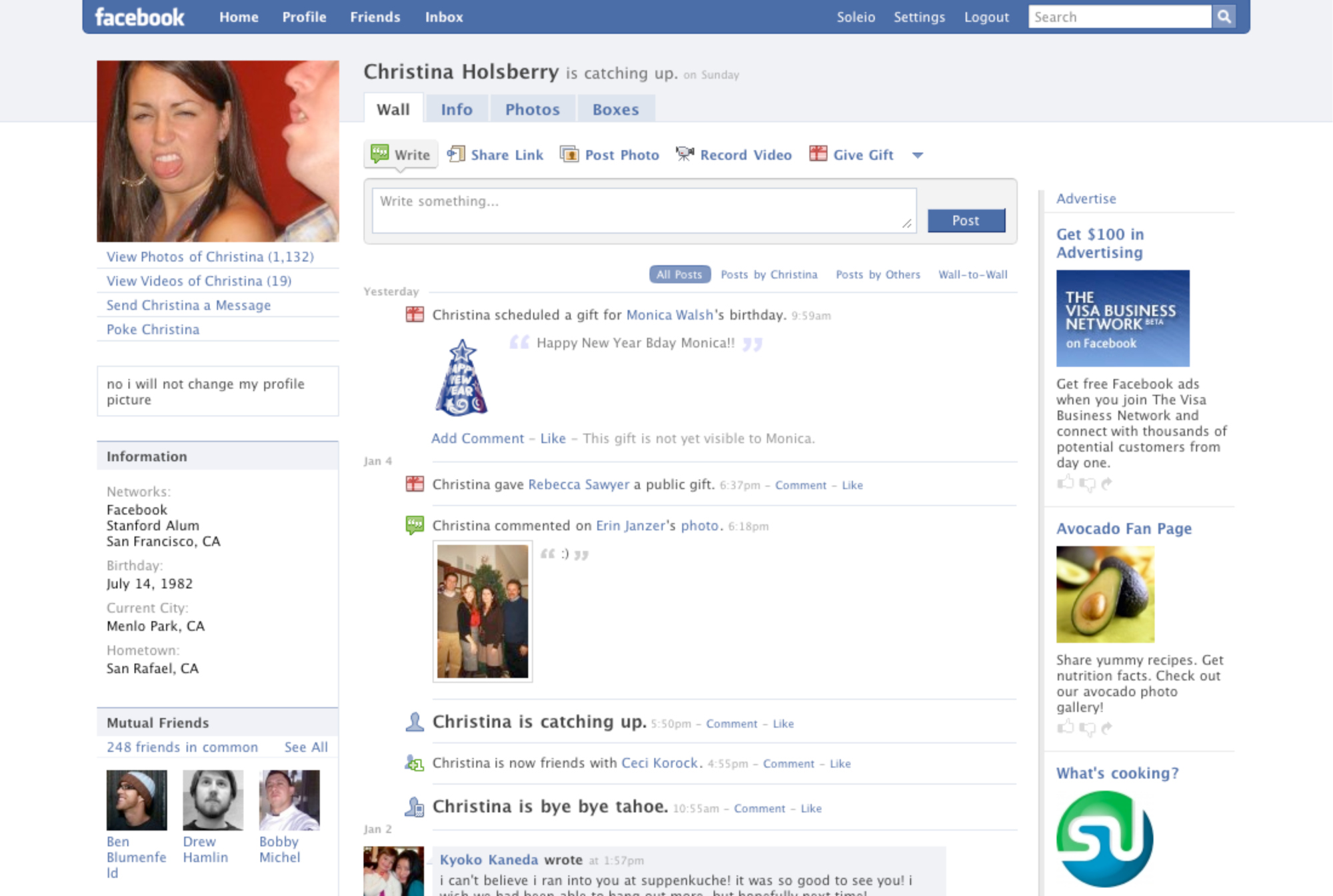
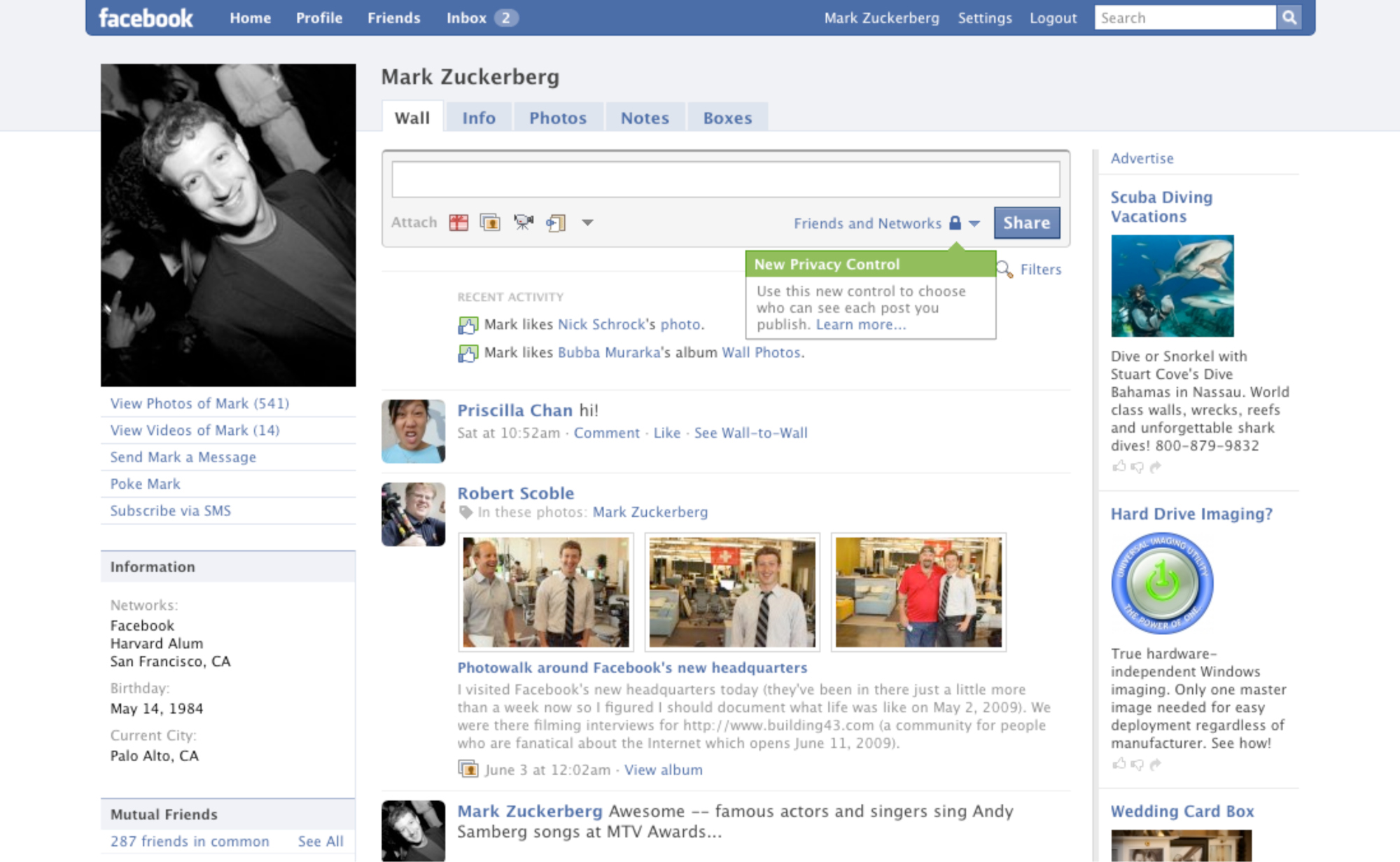
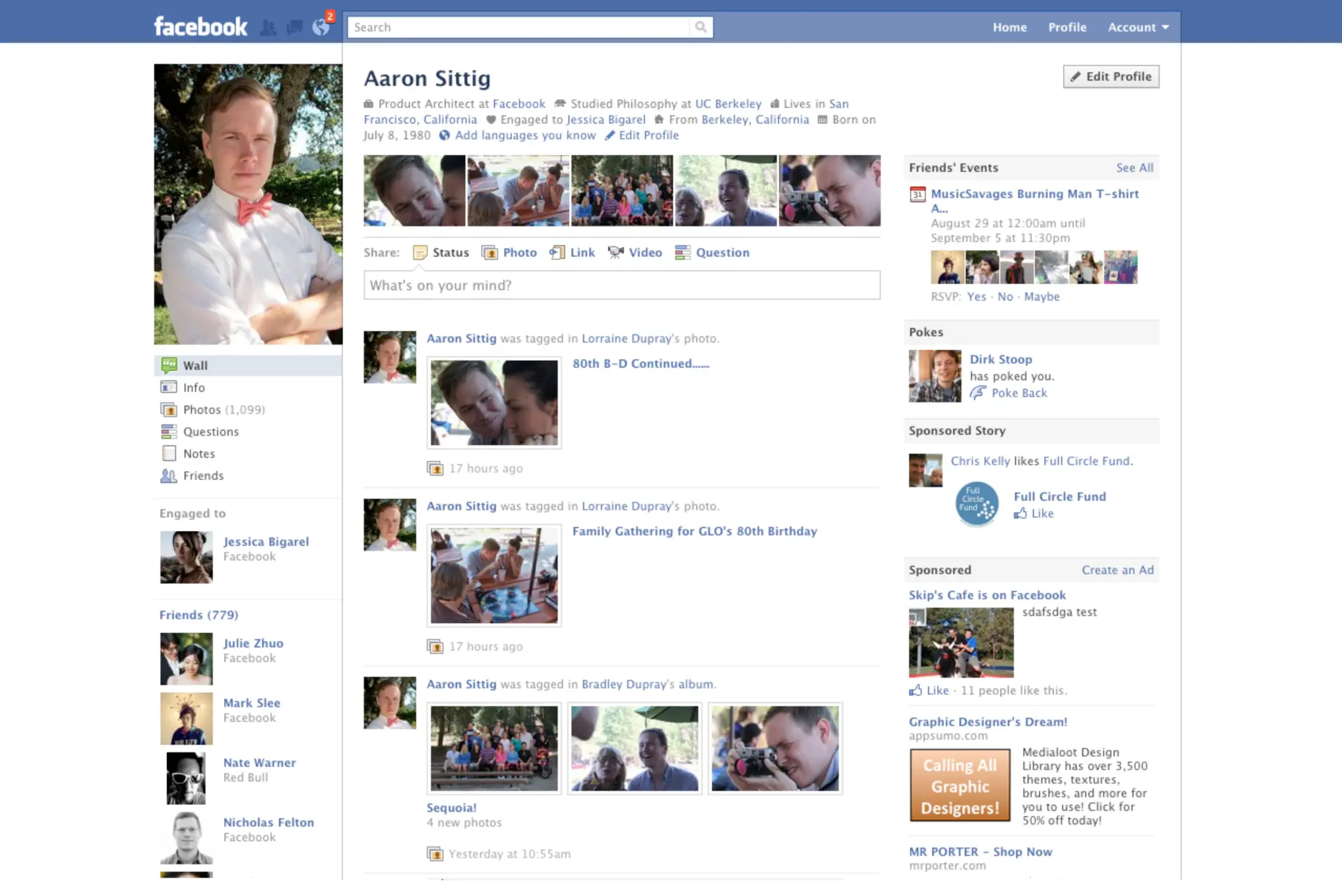
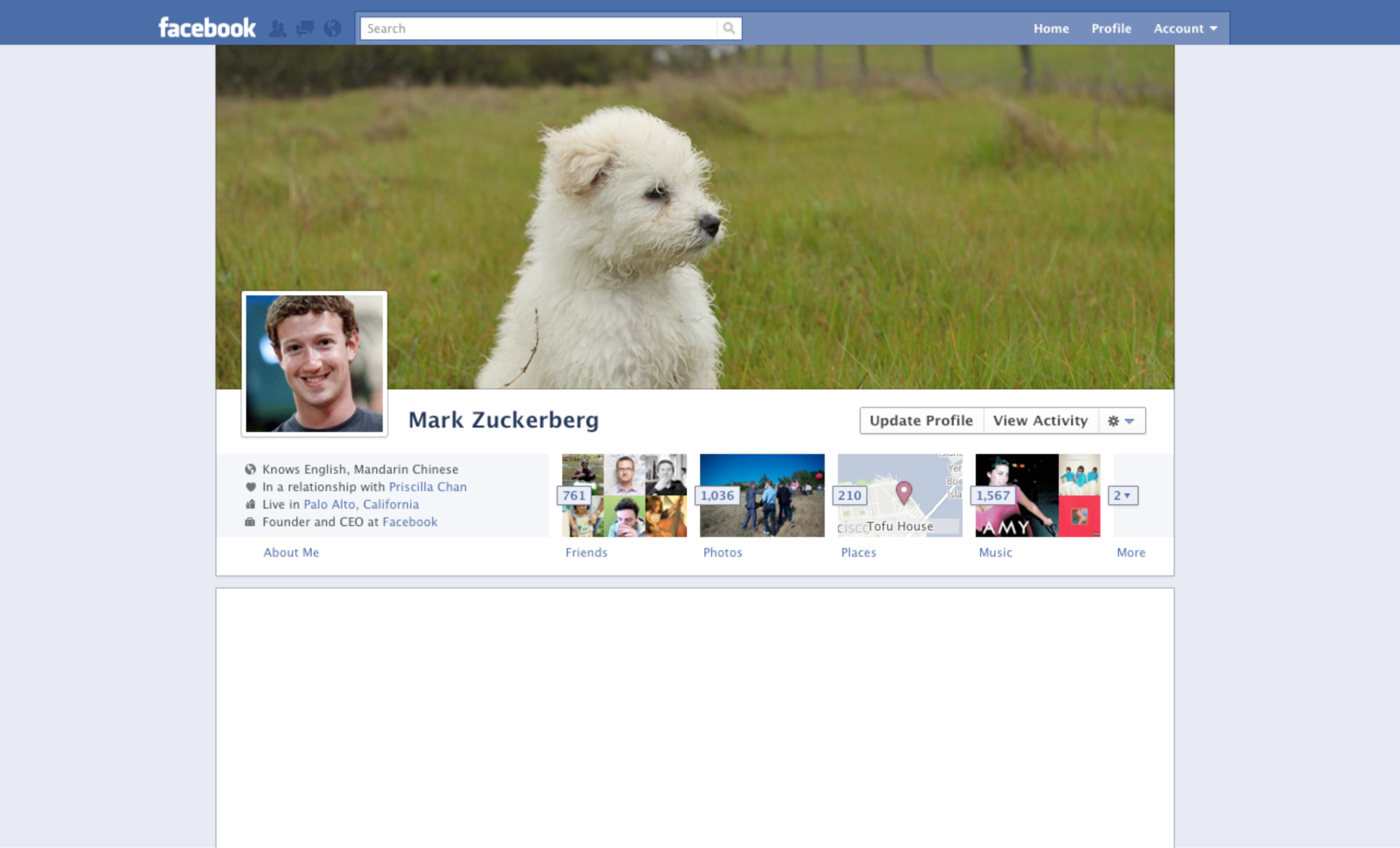
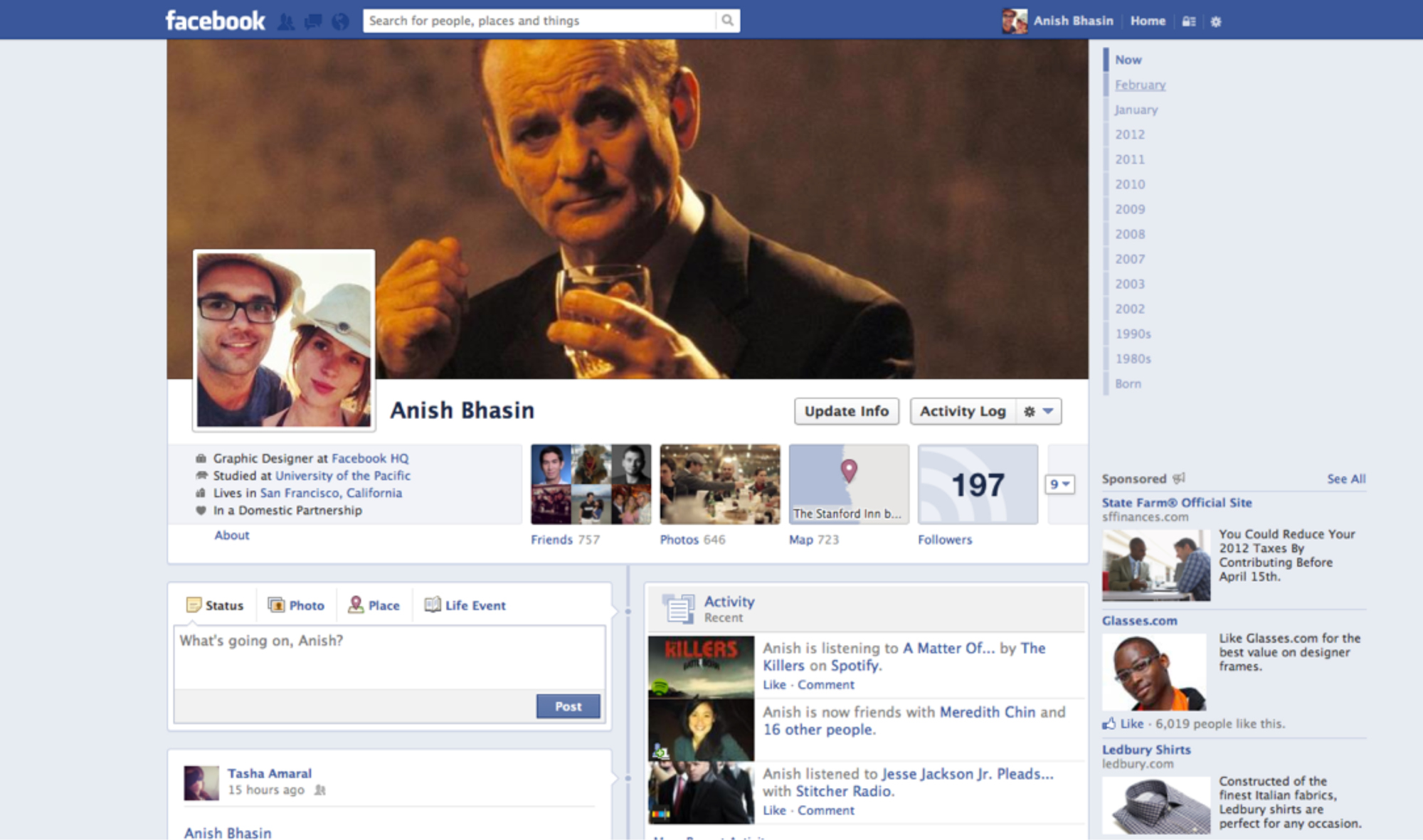
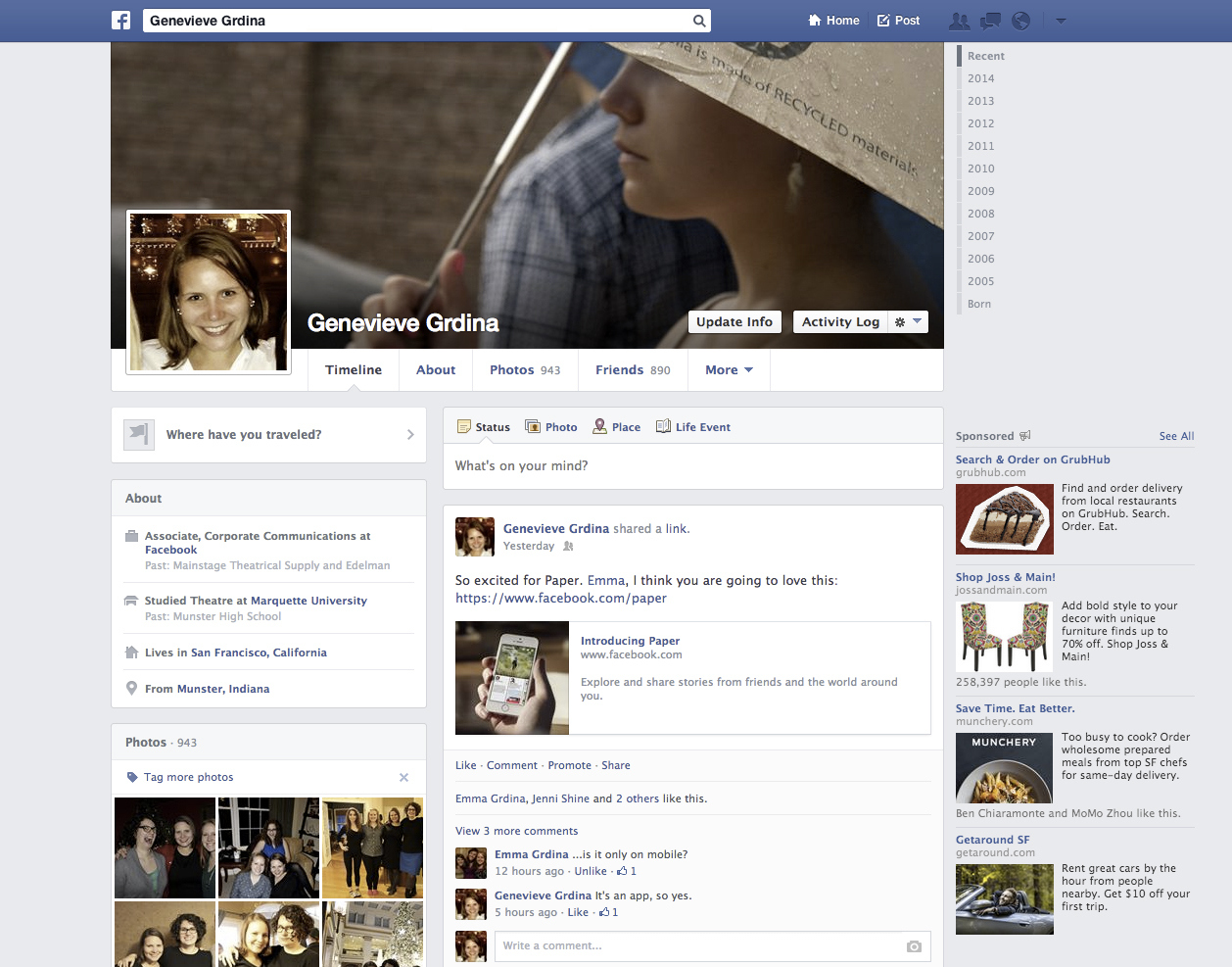
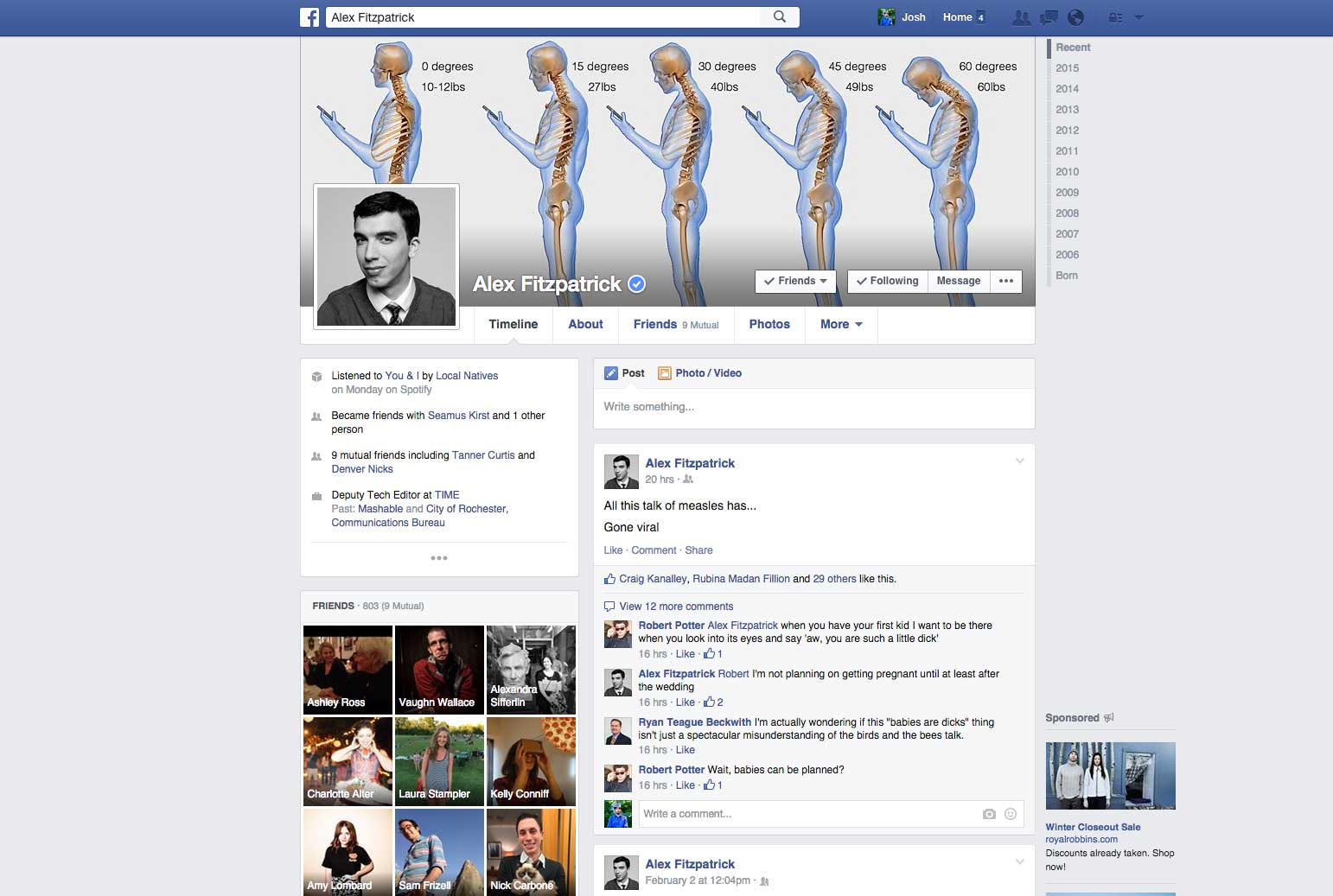
More Must-Reads from TIME
- Donald Trump Is TIME's 2024 Person of the Year
- Why We Chose Trump as Person of the Year
- Is Intermittent Fasting Good or Bad for You?
- The 100 Must-Read Books of 2024
- The 20 Best Christmas TV Episodes
- Column: If Optimism Feels Ridiculous Now, Try Hope
- The Future of Climate Action Is Trade Policy
- Merle Bombardieri Is Helping People Make the Baby Decision
Contact us at letters@time.com